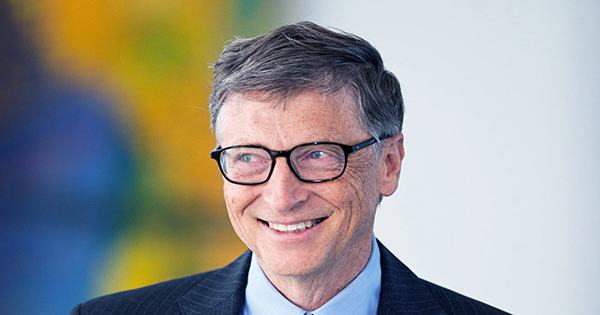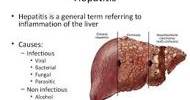In his (professional) life, Bill Gates has solved numerous problems, and in recent decades, he has been dedicated to the condition of the world’s poor, particularly their health. He’s traveled the world treating problems ranging from malaria and neglected tropical diseases to maternal health through his foundation work and philanthropic donations, always with an eye toward the creative and often low-cost solution.
In his book “How to Avoid a Climate Disaster: A Practical Guide,” he applies his engineering brain and way of thinking to climate change.
The Breakthroughs We Need” (yes, the title is italicized on the cover — we really do need them). Gates explains how he went from being a software billionaire to a global health genius to a concerned climate citizen. When it comes to problems like neglected tropical illnesses, for example, climate change has a significant impact on the prevalence of mosquitos and other infection vectors. When it comes to food security in developing countries, no one can ignore climate change.
With this first narrative, Gates is seeking to engage with the skeptical but ready-to-rethink demographic, rather than climate change deniers (who are difficult to connect with on a good day anyhow). He acknowledges that he didn’t think much of the problem until he witnessed its consequences up close, which may entice some readers to embark on a similar intellectual journey.
Following that, Gates gives an extremely sober (one could easily substitute dry) analysis of the major components of greenhouse gas emissions and how we can get to net-zero by removing 51 billion tons of CO2-equivalent emissions per year, which are, in chapter order, energy production (27 percent), manufacturing (31%), agriculture (19%), transportation (16%), and air conditioning (16%) (7 %), Gates is a brilliant engineer, as seen by his accomplishments. Throughout the book, he emphasizes the importance of grasping scale, of always attempting to decipher the numbers and units we hear about in the media and truly attempting to comprehend whether a particular innovation might make any impact at all.
Gates uses the example of an aviation program that will save “17 million tons” of CO2 but points out that this represents only 0.03 percent of world emissions and is unlikely to expand more than it has already. With this framework, he’s stealing the concept of effective altruism, which holds that donated resources should go to projects that can deliver the greatest proven gain in quality of life for the least amount of money. Gates is a capitalist and his criterion for evaluating prospective solutions is to calculate a “green premium” for their use.
















